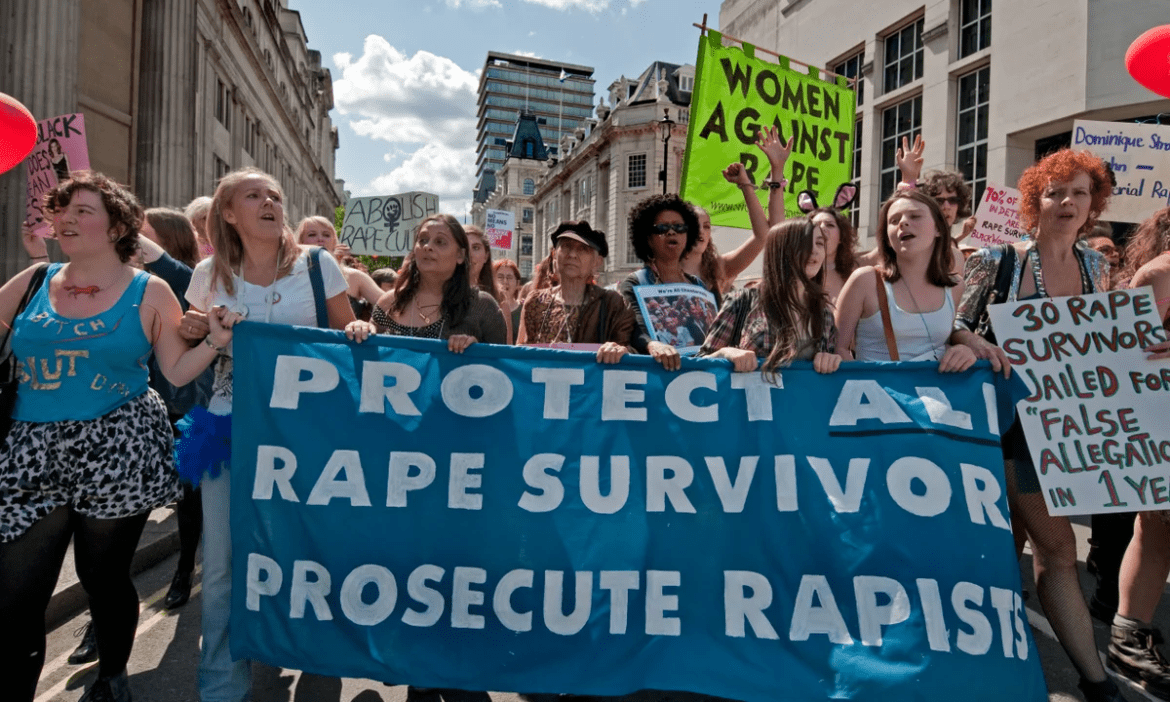AI Generated Summary
- The rise of its economy—built on innovation, technology, and an ambitious young workforce—has been a moment of national pride for India but a humbling reality for the UK.
- The UK’s Security Minister even wrote to the Sikh Federation, a pro-Khalistani outfit, expressing solidarity with Canada in the wake of the diplomatic row over Hardeep Singh Nijjar’s death.
- With an ageing population of 67 million, the UK is facing mounting healthcare and pension expenses, while India, with its youthful and vibrant population, is poised to dominate the 21st….
The United Kingdom is undergoing a massive crisis. The ghosts of the grooming gangs that systematically abused underage girls across the country are back to haunt the government. Despite widespread demands for a national inquiry, the government remains in denial. What makes this situation even more alarming is that Prime Minister Keir Starmer—once Director of Public Prosecutions (2008-2013)—is facing allegations of silencing victims and emboldening perpetrators. Alongside him, Safeguarding Minister Jess Phillips continues to reject the idea of a national inquiry, raising serious questions about their commitment to justice.
Sub-editors might find it easier to write pithy headlines using the word “Asian” to describe the ethnic identity of grooming gangs. But it’s inexcusably and offensively imprecise. The perpetrators are almost exclusively of Pakistani heritage, often from the Mirpur in Kashmir. pic.twitter.com/KXOQ5MeL4i
— Colin Brazier (@ColinBrazierTV) January 8, 2025
Adding fuel to the fire is Starmer’s careless use of the blanket term “Asian grooming gangs,” which has sparked outrage among the British-Indian community. Despite numerous inquiries confirming that the grooming gangs are predominantly of Pakistani origin, Starmer persists in using the vague term “Asian,” unfairly implicating law-abiding British-Indians and other Asian communities. This deliberate obfuscation not only misrepresents the facts but also diverts attention from the real perpetrators, sowing distrust among communities that have otherwise been pillars of the British social fabric.

Such actions are not isolated. They reflect a broader pattern of antagonism and condescension that has long defined the UK’s relationship with India and its diaspora. For centuries, Britain colonized and exploited India, stripping it of its resources and undermining its rich civilizational legacy. The arbitrary partition imposed upon India by British leaders left a permanent scar, dividing communities and destabilizing the region. Sadly, in the 21st century, this colonial hangover persists, manifesting in subtle—and sometimes overt—acts of disrespect and defamation.

This animosity has only deepened as India has emerged as a global economic powerhouse. In 2022, India overtook the UK to become the world’s fifth-largest economy, clocking a GDP of $3.53 trillion. The rise of its economy—built on innovation, technology, and an ambitious young workforce—has been a moment of national pride for India but a humbling reality for the UK. Instead of acknowledging India’s achievements, segments of British media and political discourse have resorted to belittling the country by harping on issues like per capita income, ignoring the structural inequalities inherited from colonial exploitation.
Stop calling them Asian grooming gangs.
— Samantha Smith (@SamanthaTaghoy) January 2, 2025
They aren’t Filipino, Japanese, or Thai.
They are 𝗣𝗮𝗸𝗶𝘀𝘁𝗮𝗻𝗶 𝗮𝗻𝗱 𝗠𝘂𝘀𝗹𝗶𝗺.
It is gangs of Pakistani-Muslim men who groom, rape, exploit, and murder little girls.
Call them what they are.
In the geopolitical arena, the UK’s approach to India has been equally dismissive. India’s independent foreign policy, particularly its neutral stance on the Russia-Ukraine war, has drawn sharp criticism from British politicians. Trade Minister Anne-Marie Trevelyan and former Deputy Prime Minister Dominic Raab publicly chastised India, attempting to pressure the country into aligning with Western policies. Such tactics only reveal the lingering imperial mindset of trying to dictate terms to a sovereign nation that is charting its own path.
This disdain is further evident in the UK’s tacit support for separatist movements. Despite electoral backlash from the Indian diaspora in the 2019 General Elections, Labour Party lawmakers have continued to pander to groups like the All-Party Parliamentary Group for British Sikhs, which promotes Khalistani extremism. The UK’s Security Minister even wrote to the Sikh Federation, a pro-Khalistani outfit, expressing solidarity with Canada in the wake of the diplomatic row over Hardeep Singh Nijjar’s death. Such actions send a dangerous signal, undermining India’s sovereignty while emboldening fringe elements.
For all the political posturing, the reality is stark: the UK needs India far more than India needs the UK. Post-Brexit, the UK is scrambling to secure trade agreements with large markets like India, which offers unmatched potential as one of the world’s largest emerging economies. With an ageing population of 67 million, the UK is facing mounting healthcare and pension expenses, while India, with its youthful and vibrant population, is poised to dominate the 21st century.
The UK’s politicians must recognize that imperialistic attitudes have no place in today’s world. Instead of scapegoating British-Indian communities or playing divisive games, they must address their domestic issues honestly and foster genuine partnerships based on mutual respect with India. A quarter of the century has already passed, and it’s high time for the UK to smell the coffee: the future belongs to nations that embrace collaboration and equity, not those stuck in the past.
India is not merely a former colony; it is a global player whose influence continues to grow. If the UK wants to remain relevant in an evolving world order, it must shed its outdated biases and focus on building bridges rather than burning them.




